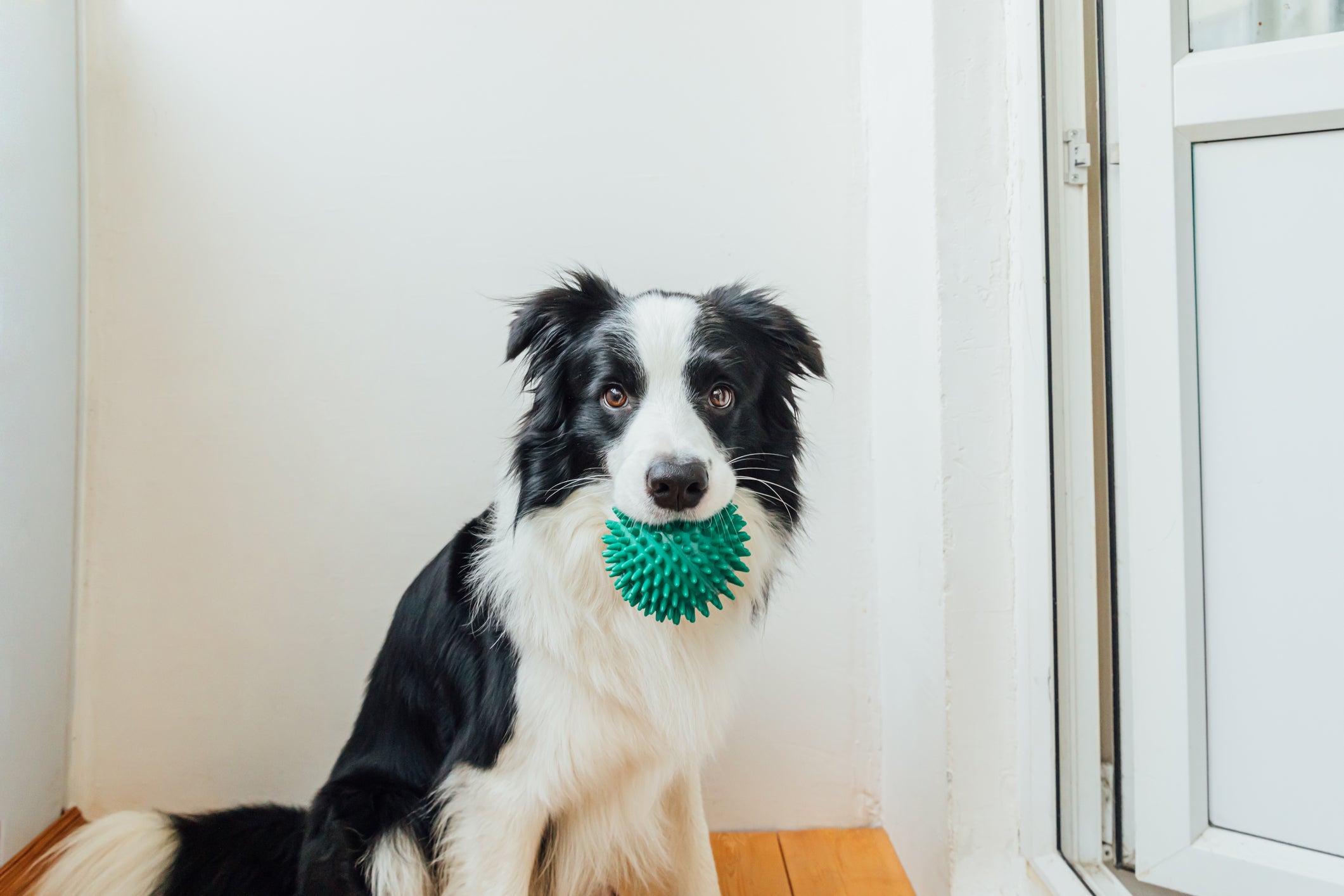‘Genius’ dogs can recognise names of more than 100 toys, study finds
The dogs’ rate of learning is comparable with human infants at the beginning of their vocabulary spurt

Your support helps us to tell the story
From reproductive rights to climate change to Big Tech, The Independent is on the ground when the story is developing. Whether it's investigating the financials of Elon Musk's pro-Trump PAC or producing our latest documentary, 'The A Word', which shines a light on the American women fighting for reproductive rights, we know how important it is to parse out the facts from the messaging.
At such a critical moment in US history, we need reporters on the ground. Your donation allows us to keep sending journalists to speak to both sides of the story.
The Independent is trusted by Americans across the entire political spectrum. And unlike many other quality news outlets, we choose not to lock Americans out of our reporting and analysis with paywalls. We believe quality journalism should be available to everyone, paid for by those who can afford it.
Your support makes all the difference.A study of six “genius dogs” has found that they can recognise the names of more than 100 toys.
Researchers in Hungary spent more than two years searching for dogs who were able to recognise the names of specific toys to participate in a livestreamed experiment known as the Genius Dog Challenge.
Max (Hungary), Gaia (Brazil), Nalani (Netherlands), Squall (US), Whisky (Norway), and Rico (Spain) all made the shortlist after proving they knew the names of more than 28 dogs, with some knowing more than 100.
As part of the challenge, their owners were charged with teaching their pet pooches the names of six and then 12 new toys in a single week.
“It turned out that, for these talented dogs, this was not much of a challenge. They easily learned between 11 to 12 toys,” said Dr Shany Dror from Eötvös Loránd University in Budapest who conducted the study.
The “genius” dogs were also able to recall the names of toys when tested one and two months later.
“These gifted dogs can learn new names of toys [at] a remarkable speed,” said Dr Claudia Fugazza who led the research team.
“In our previous study we found that they could learn a new toy name after hearing it only four times. But, with such short exposure, they did not form a long-term memory of it.”
The dogs’ rate of learning is comparable with human infants at the beginning of their vocabulary spurt, when they begin to string words together at around 18 months old, suggesting a remarkable grasp of the human language.
The study, which is published in Royal Society Open Science, hopes to better understand the relationship between animals and their owners.
All six dogs in the challenge were border collies, but their skills aren’t unique to the breed.
“Thanks to the Genius Dog Challenge we have managed until now to find dogs from other breeds including a German shepherd, a pekinese, a mini Australian shepherd and a few dogs of mixed breeds,” Dror said.
The news comes just weeks after a Covid-19 sniffer dog at Miami Airport was found to be over 99 per cent accurate.
Cobra, a Belgian Malinois, and One Betta, a Dutch Shepherd are able to detect the virus through an infected person’s breath and sweat.
The pair have been deployed at Miami International Airport and are found to have been between 98 and 99 per cent accurate in picking up the virus in peer-reviewed double blind trials.
In testing, One Betta had an accuracy rate of 98.1 per cent while Cobra’s was 99.4 per cent.
“Everybody, including humans, are wrong at some point. But she’s almost never wrong,” Professor Kenneth Furton of Florida International University said.
Join our commenting forum
Join thought-provoking conversations, follow other Independent readers and see their replies
Comments